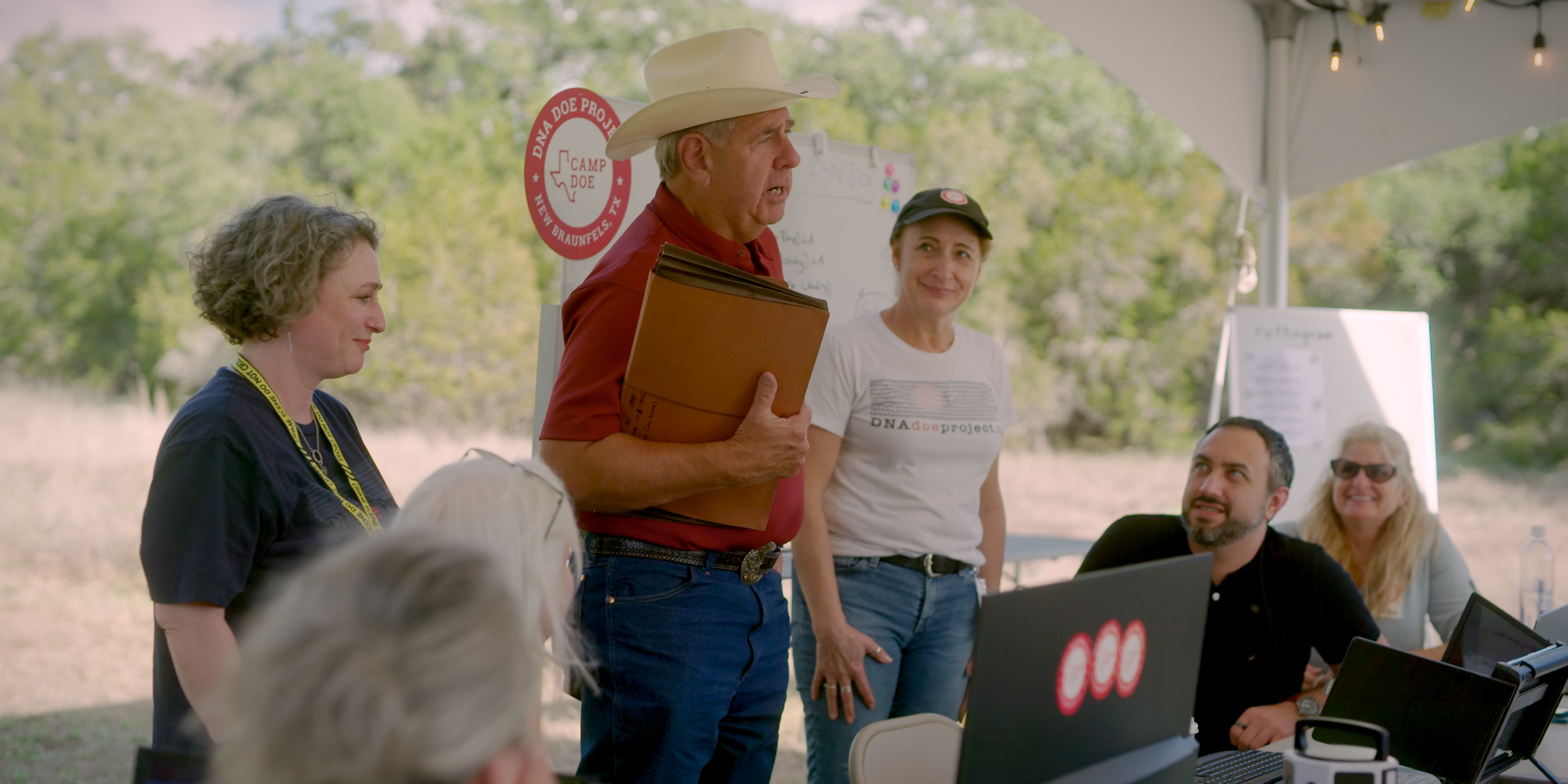Shannon Cox Counseling Center provides safe space for young victims to process trauma
Published 5:45 am Sunday, April 16, 2023

- April Is National Child Abuse Prevention Month. More than 600,000 children experience abuse and neglect each year in the U.S. (Metro Creative Services)
When children walk through the doors of the Shannon Cox Counseling Center, counselors Taylor Soileau and Morgan Bowman understand they’re not just carrying backpacks and purses when they enter. They’re also shouldering invisible burdens like anxious thoughts, traumatic grief or the emotional scars of abuse.
April is National Child Abuse Prevention Month. More than 600,000 children experience abuse and neglect each year, according to the U.S. Department of Health and Human Services. Soileau and Bowman said their center’s eight-person staff handled nearly 1,500 of those abuse cases last year.
“I think people don’t realize it happens as much as it does,” Soileau said. “We have a breast cancer awareness month and we need to bring awareness to this issue, as well, because it’s just as important. For a child being in a position where they are abused, there’s a lot of shame around that. We give them a voice and allow them a chance to talk. We’re someone standing in front of them saying, ‘I believe you. I believe these things happened to you,’ and I think that’s very important.”
Trending
Bowman said mental health hasn’t always been as inclusive and talked about as it is now.
“People are more open to counseling now and are feeling more comfortable talking about it,” she said.
Bowman said one means of counseling their center offers is base therapy, which involves children 3-10. The therapy is held inside the counseling center’s play room.
“We give them the opportunity to express themselves and feel comfortable and safe in a space to talk about their abuse,” Bowman said. “It sets the foundation, in a way, for them to feel more open about expressing their feelings and working through that how they need to.”
Soileau said when a child is abused, their foundational trust becomes broken.
“This child was with someone — if it was a parent or a friend who was supposed to keep this child safe — so when they come here our No. 1 focus is building that trust with that child and providing that safe environment for them to express the thoughts and feelings that they are going through,” she said.
Trending
There are no costs associated with the services, which are initially scheduled once a week.
“You’re a new face; you’re a stranger and you’re bringing them away from mom or dad or whoever is bringing them to session so that is already scary,” Solieau said.
Bowman said over time a relationship is built through trust.
“It takes time but it’s really cool to see the changes when the sessions are consistent,” she said. “It’s a positive experience to come and play and they have an adult who gives their undivided attention for an hour a day. Some kids do get that and some don’t, but it’s a really big deal for them either way. We’re giving them that space where they feel it’s all about me and they can feel that; they can sense that. It gives them a space to be themselves and gives them a space to express themselves how they want to. That’s why we really like play-based therapy because a lot of kids don’t verbalize what’s going on so their play is how they’re talking to us. That’s a big indicator over time seeing that play change.
Soileau said play is a child’s first language.
“We’re monitoring them, but they’re in charge of the session,” she said. “If they want to take a toy box and they want to dump all the toys on the floor we sit there and we let them do it. It’s OK. It’s not a setting at home where they may have gotten in trouble for dumping out their toys. After a consistent period of their coming, they realize that.”
She said the children talk to the counselors while they pretend to cook or play with trucks or dolls.
“As interactive as they want us to be —whether that’s getting on the floor, painting with them, doing Play-Doh — it’s 50 minutes of our undivided attention,” Soileau said.
When the break-through moment with the child happens, there’s no better feeling.
“It’s awesome,” Soileau said. “You can tell that the relationship between you and the child has changed. You can tell when you walk into the lobby to get them, they’re so excited and they’re running toward you and then in the play room their play may have changed and now they want you to play the mom. You can tell there is more of that safety.”
There’s no one-size-fits-all approach to counseling.
“You may have one kid that was abused and they’re having a lot of behavior issues — acting out, anger — and you could have another child that was abused and they’re very closed off and they’ve shut down,” Soileau said. “There’s a very broad range of behaviors and one of the great things about the play room is that as long as they’re not hurting themselves or someone else or the toys they can go through that and process that anger. If they’re angry, upset or confused, that’s a safe place to process those emotions.”
Soileau said counseling can be a powerful tool in giving a child a supportive environment.
“It also helps a child who cannot process their emotions the ability to do that,” she said. “We wear many hats to fit those roles to be whoever a child or teenager or an adult needs.”
In addition to play therapy, expressive and equine-facilitated services can be used.
“If we have a child that’s not progressing in therapy, we can offer these add-on services,” Soileau said. “Equine is with animals and expressive arts is a teacher leading them through art activities. The hope is that with those, in conjunction with counseling, the child is able to make progress and open up.”
The equine services involves children connecting with animals — such as llamas, rabbits, a zebra, camel and Guinea pigs.
“It’s kind of like an emotional support animal for them to connect to,” Bowman said.
Bowman said as our culture changes so, too, does the stigma of counseling.
“Feelings are being recognized and taking care of ourselves is becoming a priority,” she said. “If we do have good self-care, we’re able to help others better, as well.”
Bowman said her career choice was inspired, in part, by her mother — also a counselor.
“I saw how much she enjoyed it and knew I wanted to work with others and help others,” Bowman said. “Being able to connect with people and help them and see that light getting brighter and brighter over time is very rewarding.”
Soileau said she always knew she wanted to work in a “helping field.”
“I don’t do well with blood so I knew being a doctor or nurse was out of the question,” she said with a laugh. “I worked as a victim advocate before I was a counselor and that gave me a position to help people and it helped reinforce that drive for me that I want to be really involved.”
The center is open 8 a.m.-7 p.m. Monday-Thursday and 8 a.m.-5 p.m. on Fridays.
In addition to child abuse counseling, the center offers individual, couple and family counseling; grief counseling; postpartum depression counseling; smart parenting; anger management education; training and professional development; behavior and mental health consultation;
Those interested in the Shannon Cox Counseling Center services, can call 337-436-9533.





